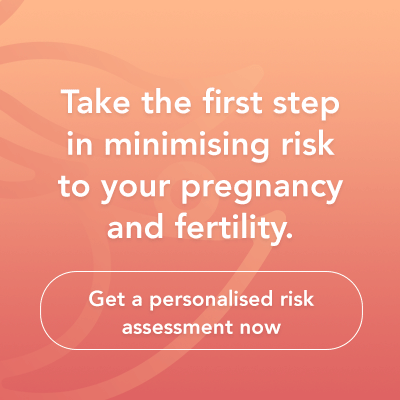Frequently Asked Questions
What is the best fertility diet?
A healthy and balanced diet that includes whole, minimally processed foods, plant-based foods, healthy fats, lean protein, iron-rich foods, and low-glycemic index foods may improve fertility in both men and women. Avoiding trans fats, high levels of caffeine, alcohol, and smoking is also important. Working with a healthcare provider or registered dietitian can help develop a personalised nutrition plan.
What are some foods that increase fertility?
A healthy and balanced diet that includes fruits and vegetables, whole grains, lean protein, healthy fats, iron-rich foods, and low-glycemic index foods may improve fertility in both men and women by reducing inflammation, improving hormone balance, and supporting healthy egg and sperm production. It’s important to consume a variety of nutrient-dense foods, rather than focusing on specific “fertility foods”. Working with a healthcare provider or registered dietitian to develop a personalised nutrition plan may be beneficial for individuals struggling with fertility.
How does folate (folic acid) impact fertility?
Folate (or folic acid) is essential for fertility as it supports DNA synthesis and cell division, crucial for the development of healthy eggs and sperm. Adequate folate levels help regulate hormones, promote regular ovulation, and prevent neural tube defects in early pregnancy. It also contributes to sperm health and may reduce the risk of miscarriage. While folate can be obtained from leafy greens, legumes, and fortified cereals, supplementation is often recommended for women trying to conceive to ensure optimal levels. Consulting with a healthcare provider such as Kat Ridout can help determine the appropriate dosage to support reproductive health.
How much does obesity affect female fertility?
Obesity can significantly impact female fertility by causing hormonal imbalances, reduced egg quality, a reduced response to fertility treatments, an increased risk of pregnancy complications, and decreased fertility potential. Losing weight through a healthy diet and regular exercise may help improve fertility in obese women. Working with a healthcare provider or registered dietitian to develop a personalised weight loss and nutrition plan may be beneficial.
Is there a connection between gut health and fertility?
Yes, there is a significant connection between gut health and fertility. A healthy gut microbiome plays a crucial role in regulating hormones, reducing inflammation, and improving nutrient absorption, all of which are essential for reproductive health. An imbalance in gut bacteria can lead to systemic inflammation and hormone disruptions that may affect menstrual cycles and ovulation in women, and sperm quality in men. Additionally, a well-functioning gut supports the efficient metabolism of nutrients that are vital for reproductive processes. Including probiotic and prebiotic-rich foods in the diet, such as yoghurt, kefir, and fibre-rich vegetables, can help maintain a healthy gut microbiome and thereby support overall fertility.
Are there specific foods to avoid when trying to conceive?
Yes, certain foods should be avoided or limited when trying to conceive to support optimal fertility and reproductive health:
Saturated Fats: Found in many processed and fried foods, saturated fats can disrupt hormone levels and negatively impact fertility. Opt for healthier fats, such as those found in avocados, nuts, and olive oil.
Excessive Sugar: High sugar intake can lead to insulin resistance and hormonal imbalances, affecting ovulation and sperm health. Limit sugary snacks and beverages, and focus on whole, unprocessed foods.
High-Mercury Fish: Fish such as sharks, swordfish, and king mackerel contain high levels of mercury, which can affect foetal development and overall fertility. Opt for lower-mercury options like salmon, sardines, and trout.
Excessive Caffeine: High caffeine consumption can negatively impact fertility by affecting hormone levels and ovulation. Limit intake to 200-300 mg per day, roughly equivalent to 1-2 cups of coffee.
Alcohol: Excessive alcohol consumption can interfere with hormone balance, ovulation, and sperm quality. It is advisable to reduce or eliminate alcohol intake when trying to conceive.
Processed Meats: Linked to reduced sperm quality and potential negative effects on overall fertility, it’s best to limit processed meats such as bacon, sausages, and deli meats.
Artificial Sweeteners: Some studies suggest that artificial sweeteners may affect hormone levels and fertility, so consider reducing their use and opting for natural sweeteners in moderation.
Focusing on a balanced diet rich in fruits, vegetables, whole grains, lean proteins, and healthy fats can help support fertility and overall health.
